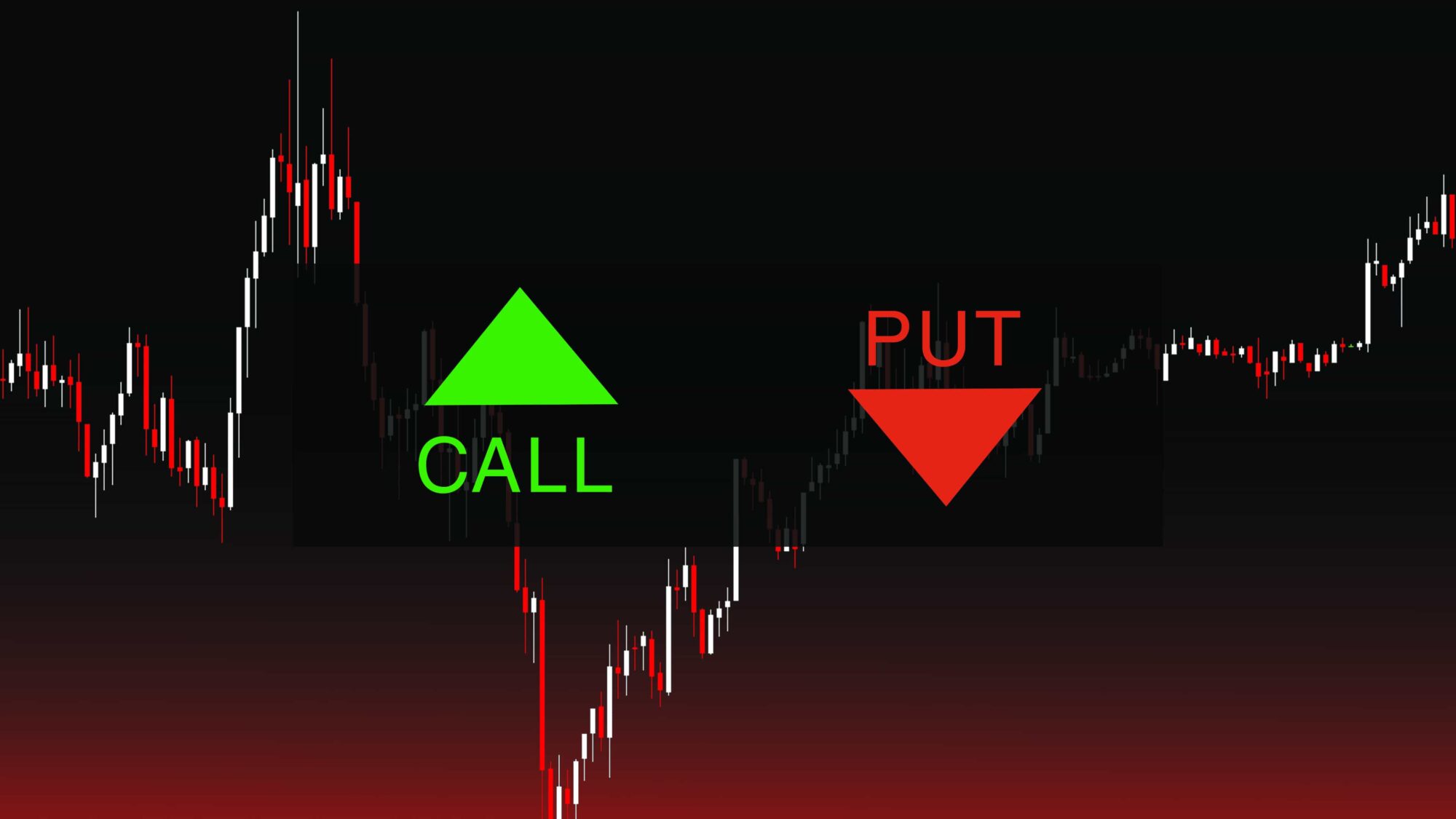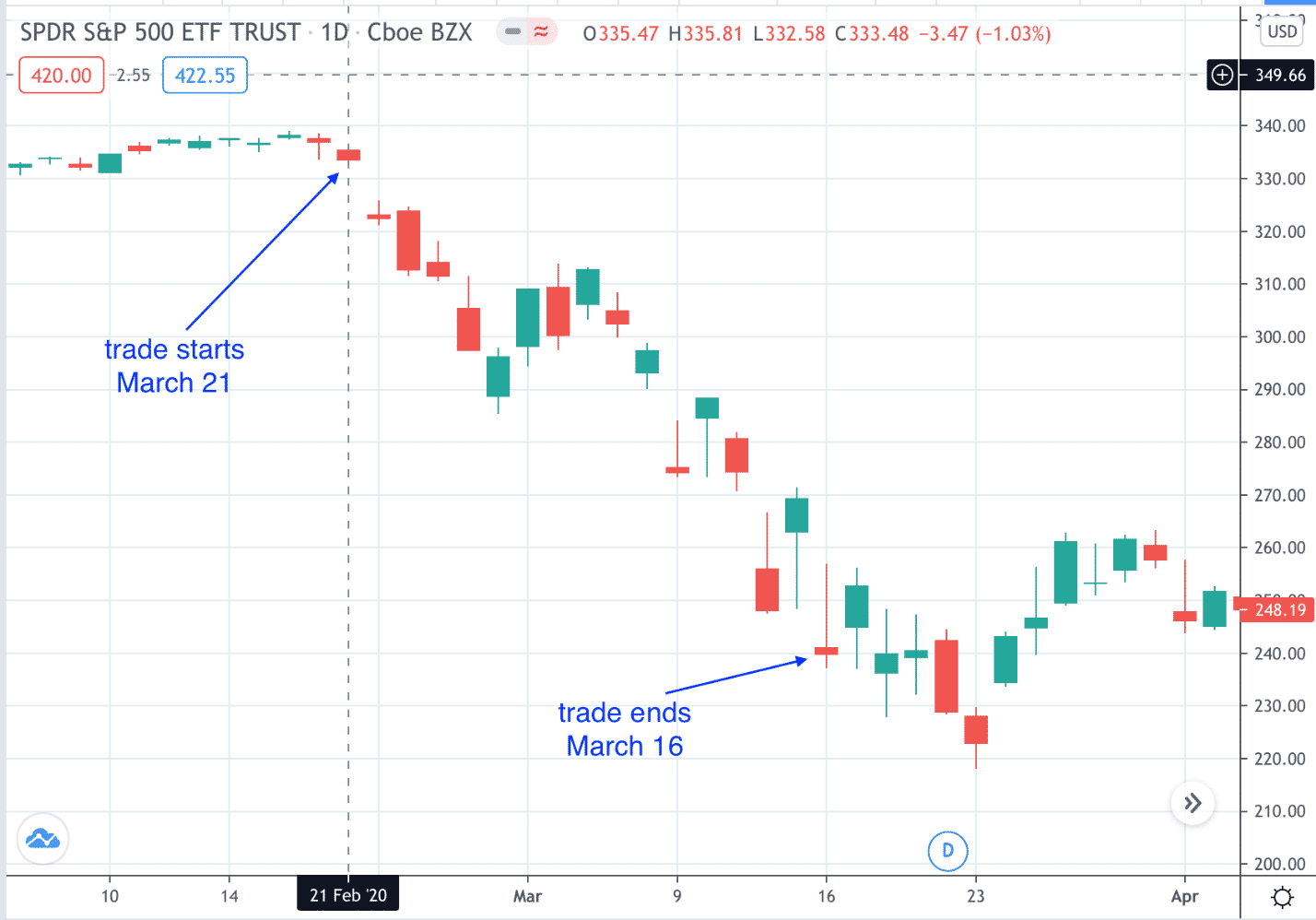Option trading, often hailed as a lucrative shortcut to financial freedom, is riddled with hidden complexities and pitfalls. While it may seem alluring to novice traders seeking exponential gains, the stark reality is that the vast majority of option trades end in losses. In this comprehensive exploration, we del虎 into the reasons why option trading often falls short of expectations, exposing its inherent flaws and the misconceptions that fuel its perceived allure.

Image: www.asktraders.com
The Illusion of Risk Mitigation
A fundamental misconception about options is that they provide a safety net against market volatility. This notion stems from the fact that options have limited downside risk, as the potential loss is capped at the premium paid. However, this perceived safety net is often an illusion. In the real world, options are subject to a myriad of other risks, including time decay, implied volatility, and spread risk. Time decay relentlessly erodes the value of options as they approach their expiration date, making it difficult to generate profits unless the underlying asset experiences significant price movements. Implied volatility, the market’s estimate of future price fluctuations, can also wreak havoc on option values, especially when actual volatility deviates from these estimates. Spread risk, the difference between the bid and ask prices of options, can significantly impact profitability, as traders may need to buy or sell at unfavorable prices.
The Paradox of Leverage
Options offer a high degree of leverage, allowing traders to control a large amount of the underlying asset with a relatively small investment. This leverage can magnify both profits and losses. While the potential for substantial gains is enticing, the downside of leverage is equally perilous. A small adverse move in the underlying asset’s price can result in significant losses, potentially wiping out the entire investment in a matter of minutes. Novice traders, blinded by the allure of leverage, often underestimate the risks involved and find themselves overleveraged, exposing themselves to catastrophic losses.
The High Probability of Expiration Worthlessness
The majority of option contracts expire worthless. This is because options are time-sensitive instruments, meaning their value diminishes with each passing day. If the underlying asset’s price fails to move in the predicted direction, or if it doesn’t move enough to overcome the premiums paid, the option will expire worthless. This unavoidable reality means that option traders must not only predict the direction of the underlying asset’s price but also the magnitude of the move within a specific time frame. Such precision is extremely difficult to achieve, making the odds of profitable option trading inherently low.

Image: www.linkedin.com
The Tyranny of Theta
Time decay, or theta, is the relentless enemy of option traders. As options near their expiration date, their value decays at an accelerating rate. This means that option traders must capture profits quickly or face the prospect of their investments evaporating into thin air. Theta decay is particularly potent for out-of-the-money options, which have a high likelihood of expiring worthless. Even profitable option positions can be eroded by theta, forcing traders to exit prematurely or risk significant losses.
The Costs of Trading
Option trading involves multiple layers of costs, including commissions, exchange fees, and margin interest. These costs can eat into profits and make it even more challenging to achieve profitability. Commissions are charged for each trade, adding up quickly for active traders. Exchange fees are levied on each contract traded, further increasing the cost of trading. Margin interest is charged on borrowed funds used to purchase options, further eroding potential profits.
The Emotional Rollercoaster
Option trading is a highly emotional pursuit. The allure of quick and easy profits can lead traders to make rash decisions based on fear or greed. The fear of losing money can prompt premature exits, locking in losses. Conversely, the greed for excessive profits can lead traders to hold on to losing positions for too long, exacerbating losses. Successful option trading requires a disciplined and unemotional approach, which is often difficult to maintain in the heat of the market.
Why Option Trading Doesn’T Work

Image: optionstradingiq.com
Conclusion
Option trading is a complex and challenging endeavor that is often unsuitable for novice traders. The illusion of risk mitigation, the paradoxical nature of leverage, the high probability of expiration worthlessness, the tyranny of theta, the costs of trading, and the emotional rollercoaster involved combine to make option trading a treacherous path for the unwary. While it is true that some experienced traders have achieved success in option trading, these individuals are the exception rather than the rule. For most, option trading remains a risky and often unprofitable pursuit. The vast majority of option traders would be better served by adopting a more conservative approach to investing that focuses on long-term value creation rather than short-term speculation.






